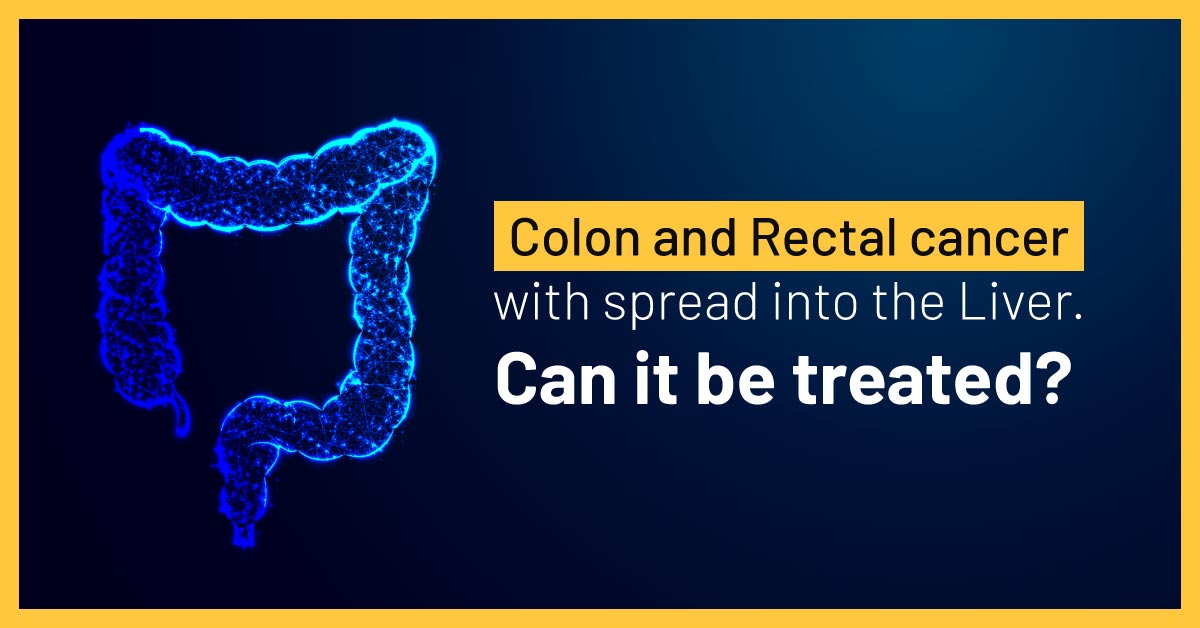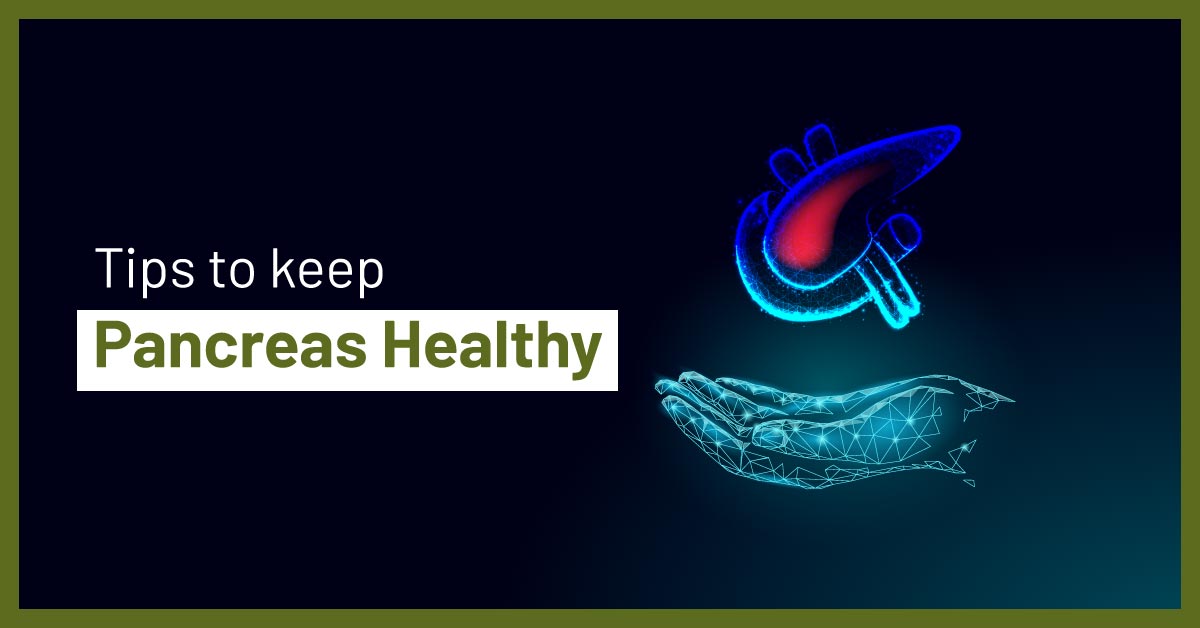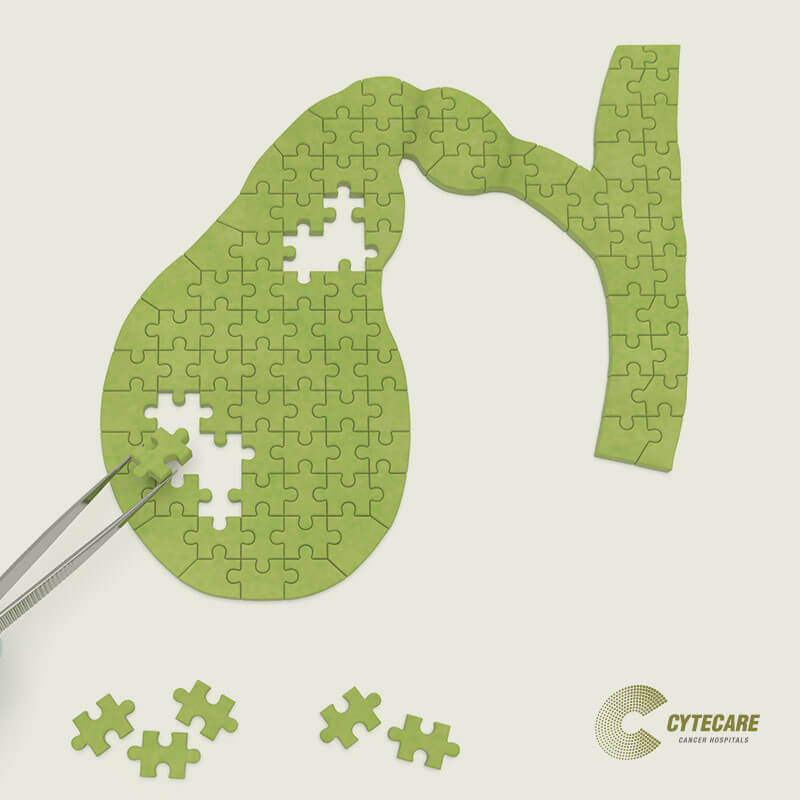

Author:
DR. RAGHAVENDRA BABU, Senior Consultant – Gastrointestinal & HPB Surgical Oncology
The colon (Large intestine) and rectum are the last parts of the intestines. Colon and Rectal Cancer is the third most common cancer worldwide and has a high incidence in western countries. The incidence in India is increasing mostly in Urban centres, due to environmental, lifestyle and diet-related factors. 28% of people present in India with colon and rectal cancer, also see it spread to the liver (Metastasis). Eventually, about 70% of all individuals with colon and rectal cancer will develop liver metastasis. We discuss the various treatment options and prognosis of this rather common presentation of common cancer in the form of common questions asked by the patient.
What does this diagnosis mean for me?
Once cancer has spread to other organs, it means that it is Stage IV or the last stage of cancer. This stage IV can mean different things in different cancers. In colon and rectal cancers, about 30-35 % of patients in stage IV can still be treated for cure. This “curability” depends on the extent of spread in the liver, any other organs involved, response to the tumor to the treatment and biological aggressiveness of the tumor.
What are the treatment options available and how to choose the most appropriate option?
If the spread in your liver is considered “Resectable” by an experienced liver surgeon, surgical removal will be the treatment of choice. For the tumor to be resectable, it needs to be either confined to liver only or in one other organ like the lung which can also be removed. Also, after the removal of the tumor, adequate liver should be left behind to sustain life.
Even if the tumor is resectable, most surgeons will ask for a few cycles of chemotherapy before surgery. This is to treat any systemic spread of tumor which is not visualized in the scan and can also be used to downstage the tumor to make borderline resectable tumors into resectable.
If the disease is considered “Unresectable”, chemotherapy forms the baseline of treatment. Chemotherapy does not cure cancer but can decrease symptoms and prolong the life of the individual. Chemotherapy here is given using the “Continuum of care” concept where various combinations of the available drugs are used with aggressive therapy inter-spread with maintenance therapy protocols. The various chemotherapy drugs available are flurouracil, oxaliplatin, capacetabine, irenotecan. Talk to your doctor regarding the effects and side effects of these drugs if they are offered to you.
Along with chemotherapy, for metastatic colorectal cancer, a few types of targeted therapy drugs are given. These are monoclonal antibodies to certain proteins that are necessary for the growth and spread of cancer cells. Some of the drugs used are Bevacizumab, cetuximab and panitumumab.
Also to consider in a very small proportion of patients where there are defective mismatch repair genes in tumor cells is immunotherapy with drugs like Nivolumab or Pembrolizumab. Here we use our body’s immunity to kill cancer cells.
Can Colon and Rectal Cancer be cured?
If the cancer is limited to the colon and liver and is considered “Resectable” by an experienced liver surgeon, there is a chance of cure. According to statistics, 30-35% of individuals with stage IV colon cancer can be cured. Achieving this outcome requires teamwork between colorectal surgeons, liver surgeons, medical oncologists, radiologists and radiation oncologists. Multi-modality therapy is key here in achieving good outcomes of cure. Even if the cancer is in one other organ like lung or adrenal gland along with liver and it is resectable, we can try for cure.
How will we know if the treatment is working?
Usually, we give chemotherapy along with one of the targeted therapy drugs in metastatic colorectal cancer. If the tumor is resectable, then we offer surgery after a few cycles of treatment. We will be doing CT scans and if required PET CT to assess the response to treatment. There is a criterion called RECIST criteria to know the response to treatment and it will be applied. Also, a blood test called Carcino-embryonic antigen test (CEA) is done to assess the response to treatment. The response can be classified as:
- Complete radiological response – Tumor is not seen
- Partial response – Decrease in the tumor size and/or number
- Stable disease – No or mild change in the tumor size and/or number
- Disease progression – Increase in the tumor size and/or number
Our further treatment is based on the above response criteria. Patients with good responses can be offered surgery if resectable. If there is disease progression and the disease is not resectable, we offer 2nd line chemotherapy or immunotherapy if suitable.
What are the side effects that I may have and for how long?
The side effects will depend on the type of cancer treatment that will be received. The most common side effects of chemotherapy are nausea, vomiting, mouth ulcers and diarrhoea. Hair loss may occur but is not common to happen. If any targeted therapy is used, there may be decreased wound healing and bleeding from the gut. Also, drugs can decrease the count of cells in the blood which can lead to infections. All these side effects will last until the chemotherapy regimen is complete.


